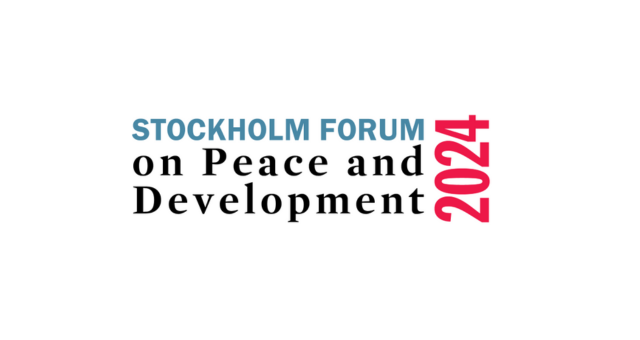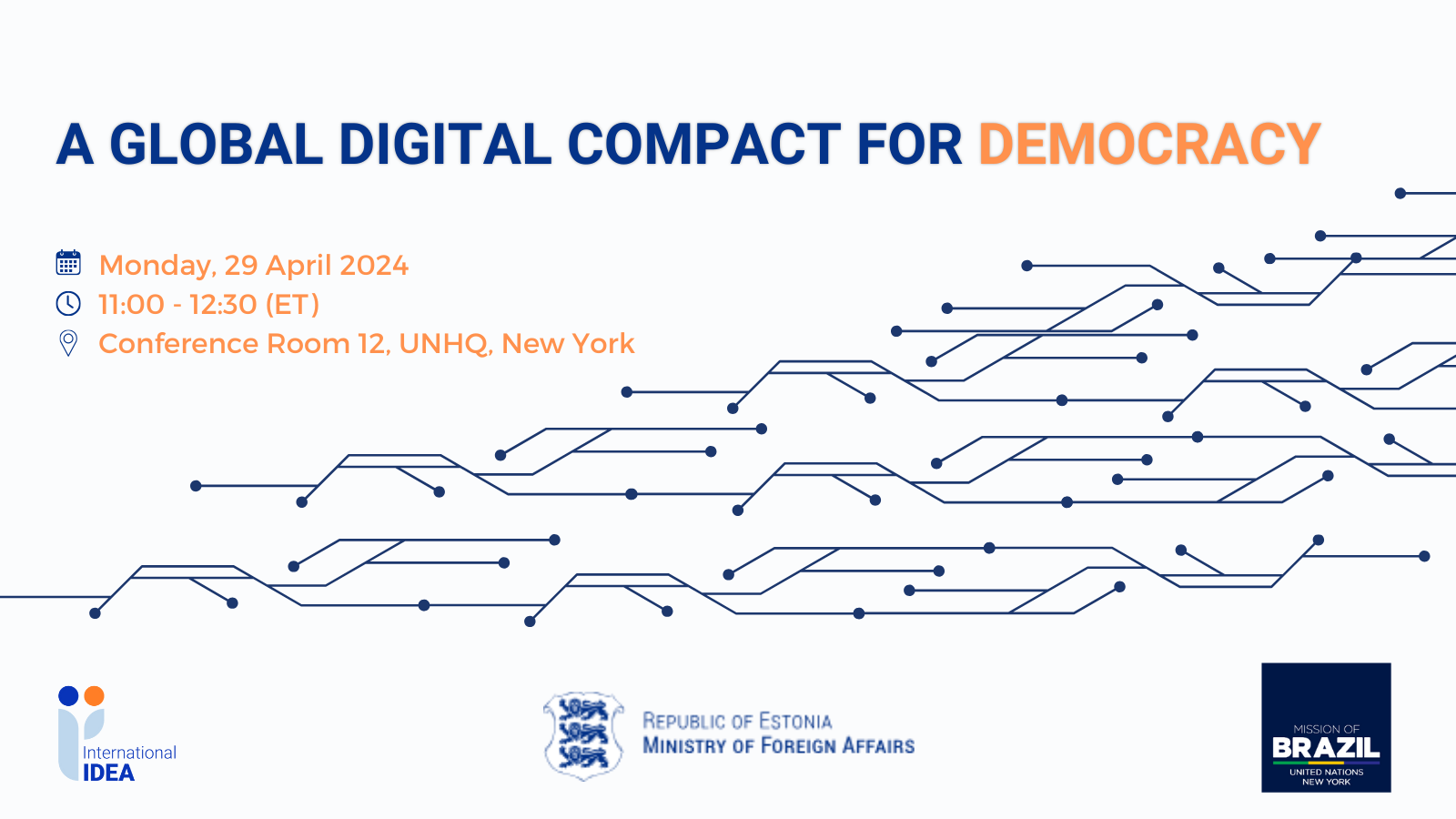Money is among the greatest threats to democracy in today’s politics, globally. Money determines the ability of candidates to compete and/or win an election. When it comes to the underlying factors behind gender inequalities in politics, the obstacles faced by women to raise or access funds is one of the greatest barriers compared to most of their male counterparts.
While both political finance and gender equality have been important topics discussed by democracy support organizations, until recently they were seldom treated as closely linked. International IDEA first linked these two key issues in 2003 when it produced a handbook on political finance with a chapter focusing on the connection between political finance and gender equality. This, together with a global database on political party finance remained the major contribution in this field for many years until recently (2014) when IDEA updated and expanded the handbook on Political Finance. This includes a considerable chapter focusing on gender dimensions of political finance.
Related to the above and through the ‘Women’s Political Rights Project’, a joint three-year initiative with the Netherlands Institute for Multiparty Democracy (NIMD) International IDEA conducted research in Kenya during 2014. The project assessed the situation of women and men’s access to political finance and how that impacts their possibilities to successfully contest for elected positions of power and decision-making in Kenya. A draft final report of findings (awaiting validation by Kenyan politicians before it is published) clearly illustrates the interplay between political finance and gender equality, and provides recommendations for improvement. The full report is due out by 30 April 2015.
Key findings
Key findings confirm that money plays a crucial role in the electoral process in Kenya: the Federation of Women Lawyers in Kenya (FIDA) gender audit of the 2013 elections found that “all women reported financing as a major problem”. The report also highlighted that financial matters may also have an impact not immediately visible – women may not even attempt to enter elected politics due to the barrier this represents.
However gender inequality is a complex issue - addressing access to resources will in itself not solve the existing problems, or remove all challenges women face who wish run for office. Other challenges include conservative values among political party officials and voters, violence and the threat of violence, and the general discrimination against girls and women which includes lower educational levels and perceived roles and identities.
To address the problems in a holistic manner, the recommendations in the report are tailored and aimed at women who wish to run for office, political parties, to the Kenyan Parliament, the IEBC and the International Community.
Similar studies will be undertaken in Colombia and Tunisia during 2015; and the intention is to develop a factsheet that captures the main findings and recommendations from the three countries by March 2016.


